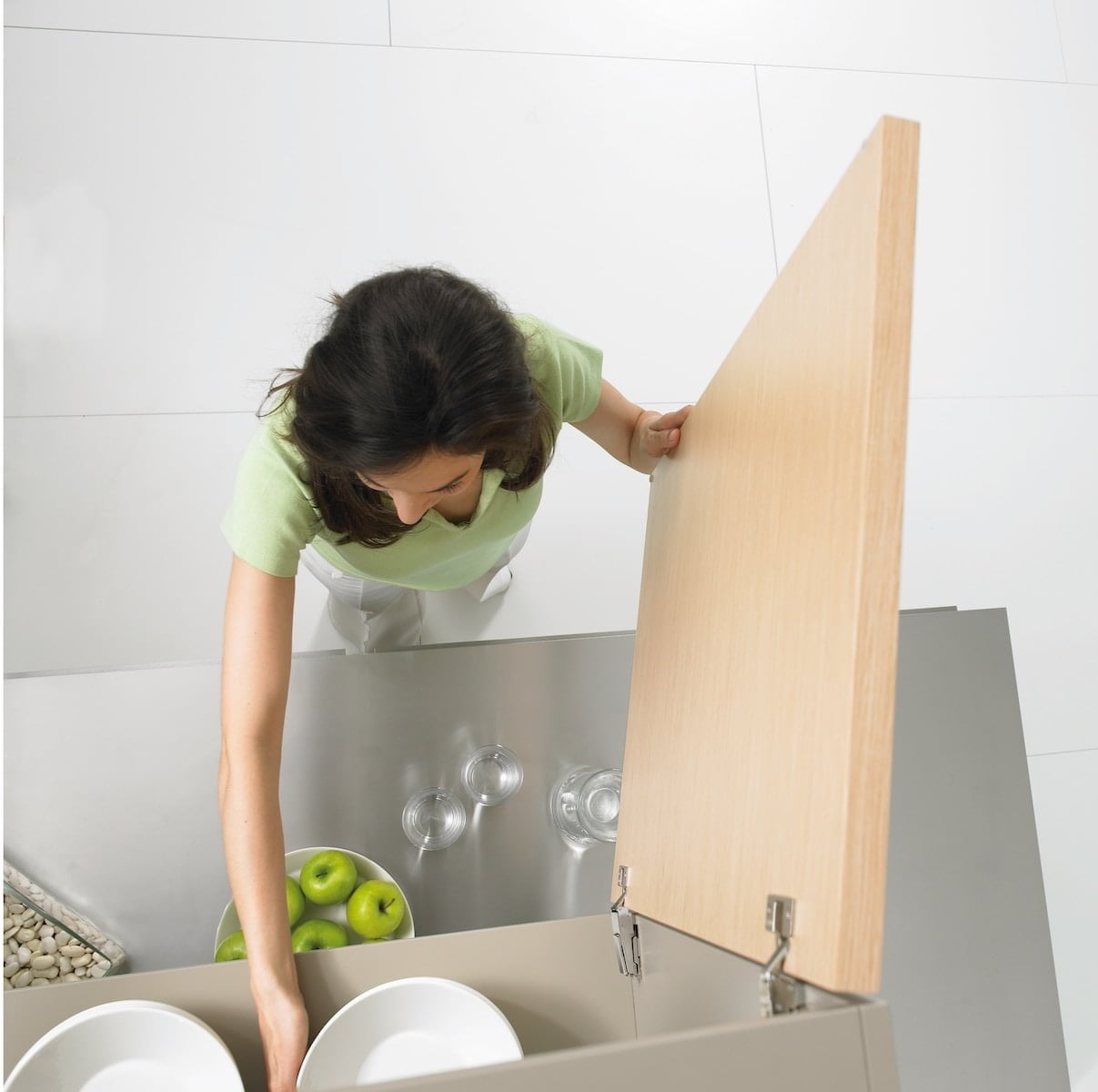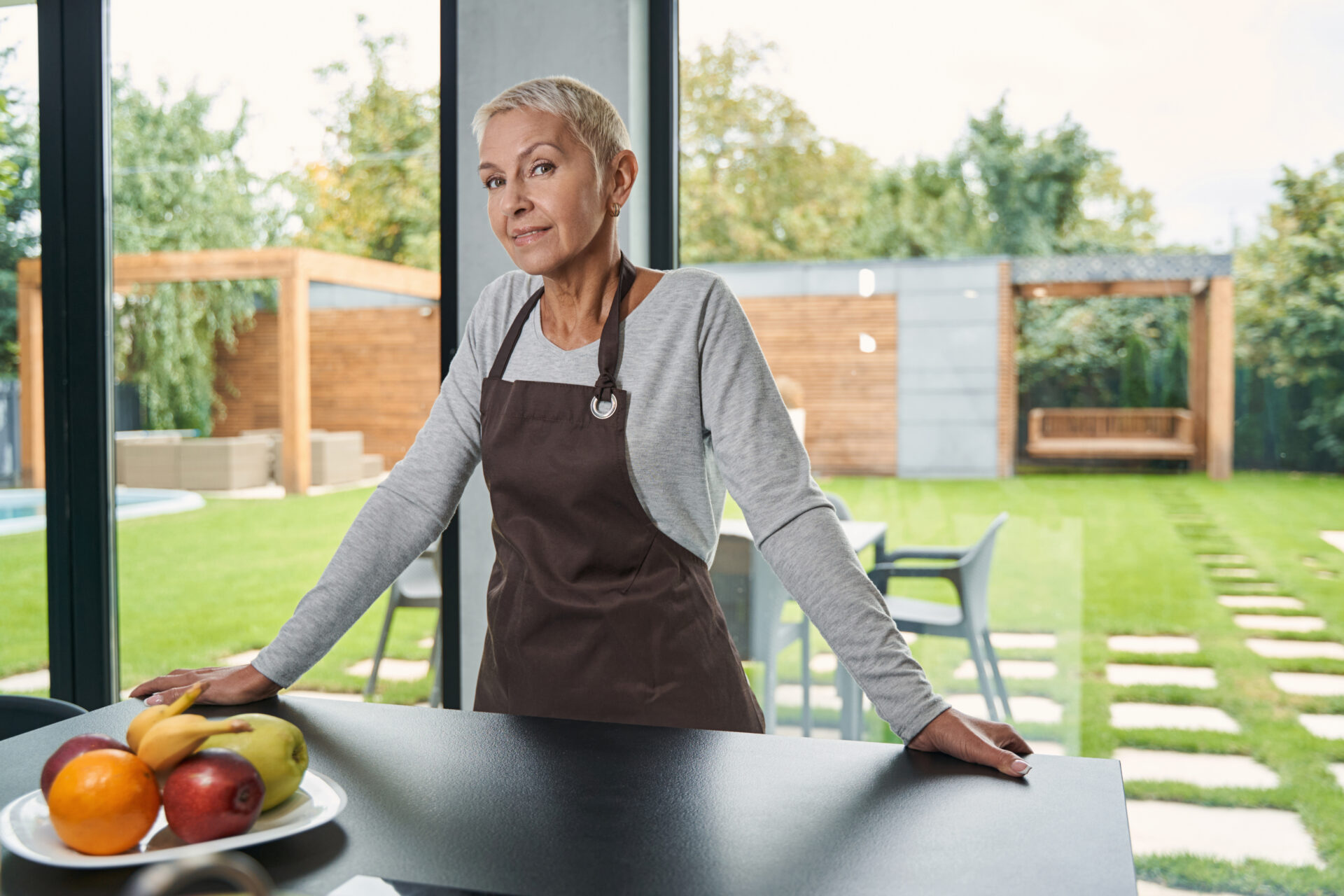
Responsibilities of a Live-In Housekeeper in 2024
A live-in housekeeper is a professional who resides within the employer’s home, providing a range of services from cleaning and cooking to childcare and elderly care. This role is often misunderstood, with many assuming it to be a simple job. However, the reality is far from this perception. A live-in housekeeper’s role is multifaceted, demanding, and requires a high level of skill and dedication.
The International Labour Organization (ILO) estimates that there are over 67 million domestic workers worldwide, many of whom are live-in housekeepers. This figure underscores the significance of this profession in today’s society. As British author Kazuo Ishiguro noted in his novel:
“The Remains of the Day,” a good housekeeper is the “backbone of any decent household.”
The Day-to-Day Life of a Live-In Housekeeper: A Detailed Insight
The daily life of a live-in housekeeper is often busy and varied. Their day might start early, preparing breakfast for the family, followed by cleaning tasks, laundry, and perhaps childcare or elderly care duties. They may also be responsible for grocery shopping, meal planning, and cooking.
Despite the demanding nature of the job, many live-in housekeepers find satisfaction in their work. As one housekeeper noted, “It’s a job where you can see the results of your efforts every day, and that’s rewarding.” However, it’s also a job that requires a high level of adaptability, as no two days are the same.
Essential Duties and Responsibilities of a Live-In Housekeeper
The duties of a live-in housekeeper can vary greatly depending on the needs of the household. However, some common responsibilities include cleaning and maintaining the home, cooking meals, doing laundry, and running errands. They may also be tasked with childcare or elderly care, depending on the family’s needs.
In addition to these tasks, a live-in housekeeper often plays a crucial role in managing the household. This can include scheduling and overseeing home repairs, managing other domestic staff, and ensuring the smooth running of the household.
The Skills and Qualifications Required for a Live-In Housekeeper
While there are no formal qualifications required to become a live-in housekeeper, certain skills and attributes are highly valued. These include excellent organizational skills, the ability to multitask, and a keen eye for detail.
Furthermore, interpersonal skills are crucial, as housekeepers often interact with family members and guests. They also need to be trustworthy, as they are given access to private areas of the home. Some employers may prefer housekeepers with a background in hospitality or a related field, while others may require a valid driver’s license or first aid certification.
The Unique Challenges Faced by Live-In Housekeepers
Despite the rewarding aspects of the job, live-in housekeepers face unique challenges. These include long hours, lack of privacy, and the potential for isolation. They may also face difficulties in maintaining a work-life balance, as the boundaries between work and personal time can become blurred.
Moreover, live-in housekeepers often have to navigate complex relationships with their employers, which can lead to stress and tension. As one housekeeper noted, “You’re not family, but you’re not just an employee either. It’s a delicate balance.”
The Importance of a Live-In Housekeeper in Modern Households
In today’s fast-paced world, many families rely on live-in housekeepers to manage their households. This allows family members to focus on their careers, education, and other pursuits, knowing that their home is in capable hands.
According to a survey by Care.com, 64% of families said that having a housekeeper helped reduce stress levels. Furthermore, 52% said it improved their relationships, as they had more time to spend together. This underscores the vital role that live-in housekeepers play in modern households.
The Legal Rights and Protections for Live-In Housekeepers
Despite the importance of their role, live-in housekeepers often lack legal protections. However, this is slowly changing. In 2011, the ILO adopted the Domestic Workers Convention, which sets out basic rights and principles for domestic workers, including live-in housekeepers.
These include the right to fair wages, reasonable working hours, and a safe and healthy working environment. However, the implementation of these rights varies greatly from country to country, and many housekeepers remain vulnerable to exploitation and abuse.
The Impact of Cultural and Social Factors on the Life of a Live-In Housekeeper
Cultural and social factors can greatly impact the life of a live-in housekeeper. For example, in some cultures, domestic work is highly stigmatized, leading to social exclusion and discrimination.
Furthermore, many live-in housekeepers are migrants, which can lead to additional challenges. These can include language barriers, separation from family, and vulnerability to exploitation.
The Relationship between Employers and Live-In Housekeepers: A Delicate Balance
The relationship between employers and live-in housekeepers is often complex. On one hand, housekeepers are employees and should be treated with respect and fairness. On the other hand, they live in the family’s home and often become part of the family fabric.
This delicate balance can lead to challenges. For example, housekeepers may feel obligated to work beyond their agreed hours, or they may struggle to assert their rights. However, with clear communication and mutual respect, these challenges can be overcome.
The Future of Live-In Housekeeping: Trends and Predictions
The future of live-in housekeeping is uncertain. On one hand, the demand for housekeepers is likely to remain strong, as families continue to juggle work and home responsibilities. On the other hand, societal changes, such as the increasing recognition of domestic work as ‘real work,’ could lead to improved conditions and rights for housekeepers.
Furthermore, technological advancements, such as home automation, could change the nature of housekeeping work. However, as one expert noted, “Technology can’t replace the human touch, especially when it comes to caring for a home and its inhabitants.”
In conclusion, the life and responsibilities of a live-in housekeeper are complex and multifaceted. Despite the challenges, many housekeepers find satisfaction in their work and play a vital role in modern households. As society continues to evolve, we must recognize and value the important work of live-in housekeepers.
Read more about market insights on our blog



